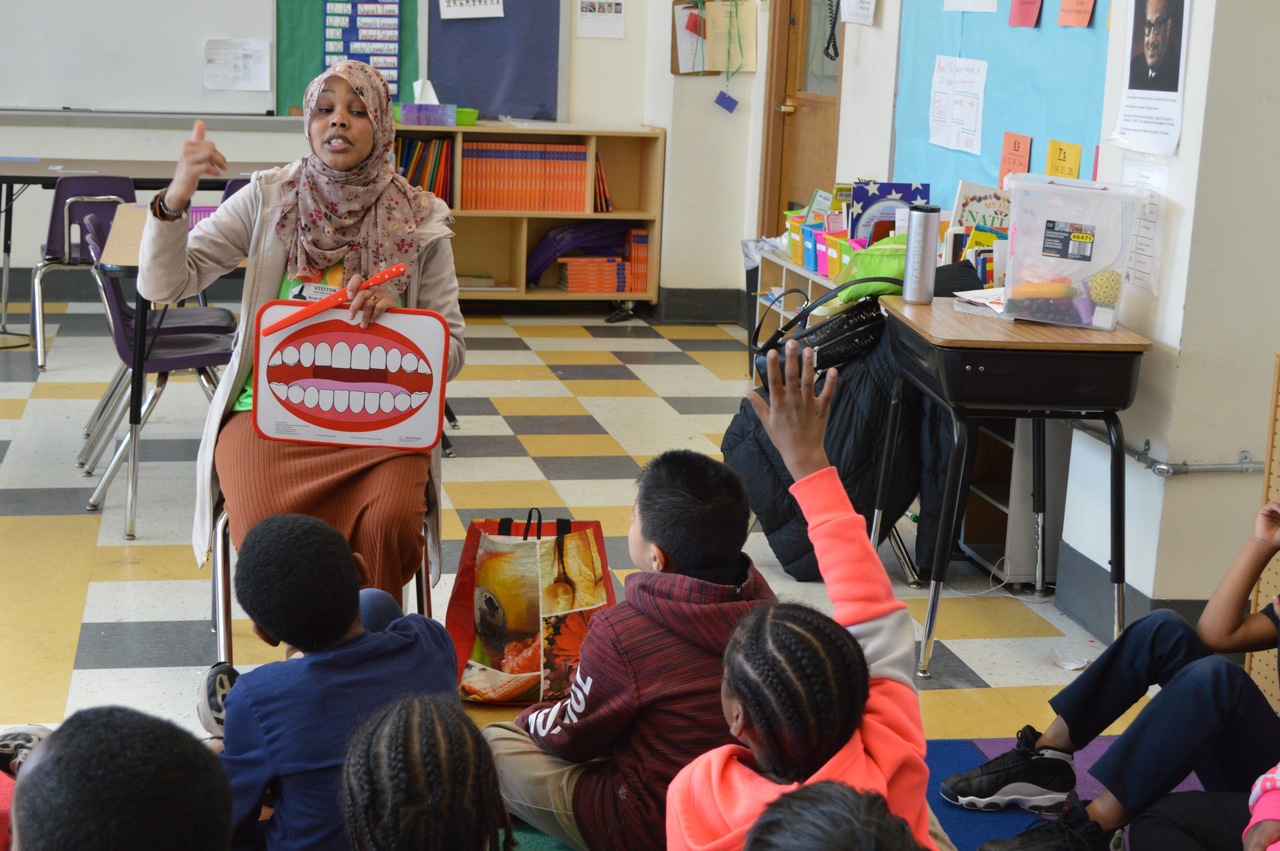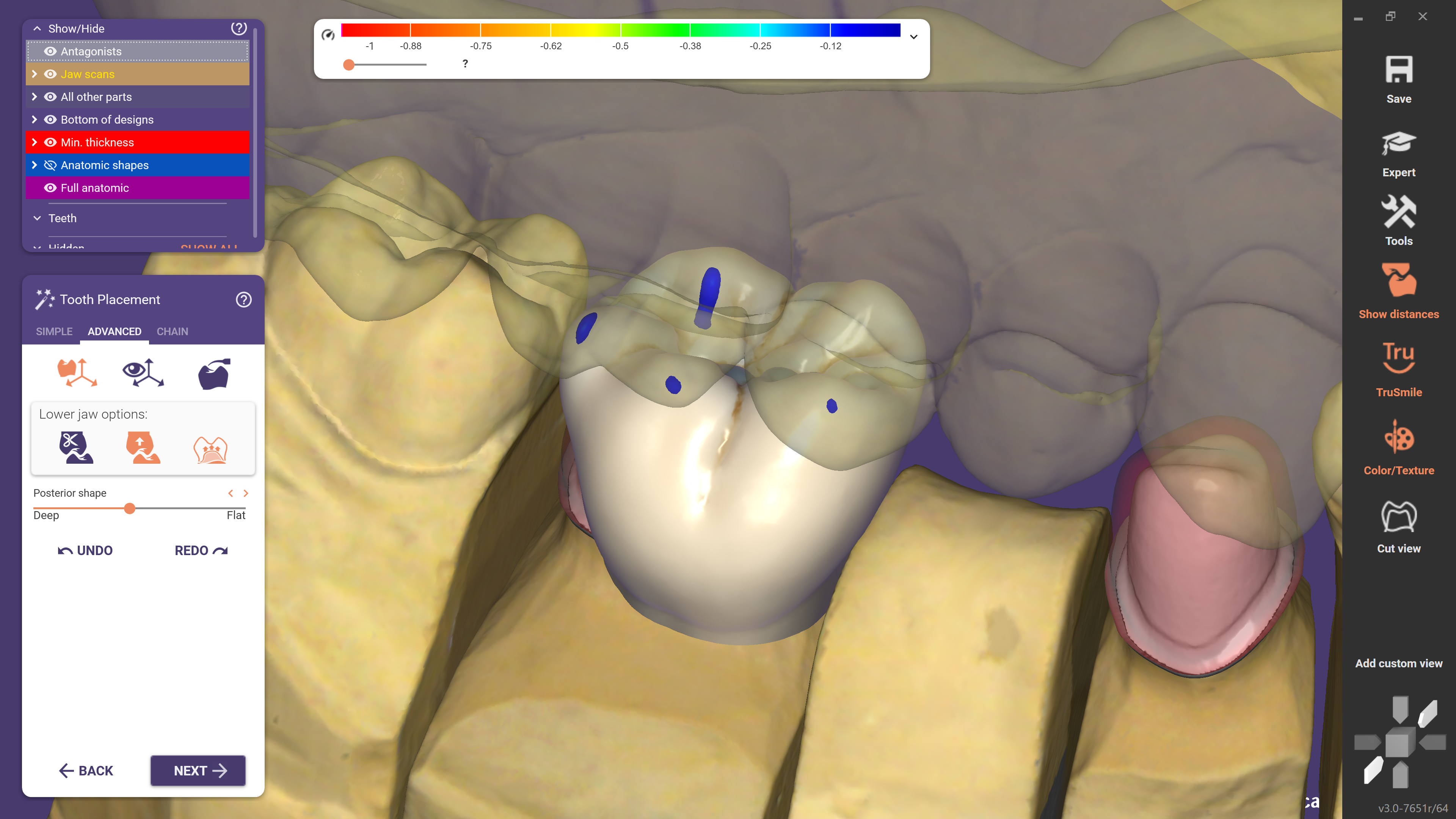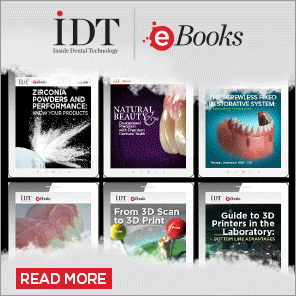
Align’s recent $100,000 donation marks their 13th year of support for America’s ToothFairy, a nonprofit organization that provides resources to safety-net dental clinics and oral health organizations serving children with restricted access to dental care. To date, Align has provided more than $1.8 million dollars toward operational expenses and children’s oral health programs, helping nearly 8.9 million children and their caregivers learn about the prevention of dental disease.
“Tooth decay doesn’t stop for a pandemic,” said Jill Malmgren, Executive Director of America’s ToothFairy. “With support from Align, last year we were able to quickly shift our educational efforts to provide free resources online so that kids could learn how to prevent tooth decay from their homes. Since April nearly 600,000 kids have been reached using our downloadable educational resources. We are very excited to see what we will accomplish in the coming year with the renewed commitment of this long-standing partnership.”
“At Align we understand that a healthy, beautiful smile can have an enormous impact on a child’s self-esteem and future success,” said Julie Paulsen, Vice President of Corporate Social Responsibility at Align Technology, and member of the Board of Directors at America’s ToothFairy. “We are proud to partner with America’s ToothFairy and support their efforts to ensure that more children have access to dental care and education.”
To learn more about the impact America’s ToothFairy made on the oral health of children in 2020, visit ATKids.org.
About Align Technology, Inc.
Align Technology designs, manufactures and offers the Invisalign® system, the most advanced clear aligner system in the world, iTero® intraoral scanners and services, and exocad CAD/CAM software. These technology building blocks enable enhanced digital orthodontic and restorative workflows to improve patient outcomes and practice efficiencies for over 200 thousand doctor customers and is key to accessing Align’s 500 million consumer market opportunity worldwide. Align has helped doctors treat over 9.6 million patients with the Invisalign system and is driving the evolution in digital dentistry through the Align Digital Platform, our integrated suite of unique, proprietary technologies and services delivered as a seamless, end-to-end solution for patients and consumers, orthodontists and GP dentists, and lab/partners. Visit www.aligntech.com for more information.
For additional information about the Invisalign system or to find an Invisalign doctor in your area, please visit www.invisalign.com. For additional information about the iTero systems and services, please visit www.itero.com. For additional information about exocad dental CAD/CAM offerings and a list of exocad reseller partners, please visit www.exocad.com.
About America’s ToothFairy: National Children’s Oral Health Foundation
As a resource provider, America’s ToothFairy increases access to oral health care by supporting nonprofit clinics and community partners delivering education, prevention and treatment services for underserved children. Since its inception in 2006, America’s ToothFairy has distributed more than $22 million in donated products, educational materials and financial grants to improve oral health outcomes for children and youth in need. For more information, visit AmericasToothFairy.org.





 exocad GmbH, an Align Technology, Inc. company, today announced that DentalCAD 3.0 Galway, with new additional improvements to reduce design time, is currently being rolled out to end users by exocad distributors. With this new release, initially made available to distributors in December 2020, the company introduced the new Instant Anatomic Morphing, offering automatic adaptation of teeth in real time, with improved speed and precision for the anatomic tooth placement.
exocad GmbH, an Align Technology, Inc. company, today announced that DentalCAD 3.0 Galway, with new additional improvements to reduce design time, is currently being rolled out to end users by exocad distributors. With this new release, initially made available to distributors in December 2020, the company introduced the new Instant Anatomic Morphing, offering automatic adaptation of teeth in real time, with improved speed and precision for the anatomic tooth placement.


